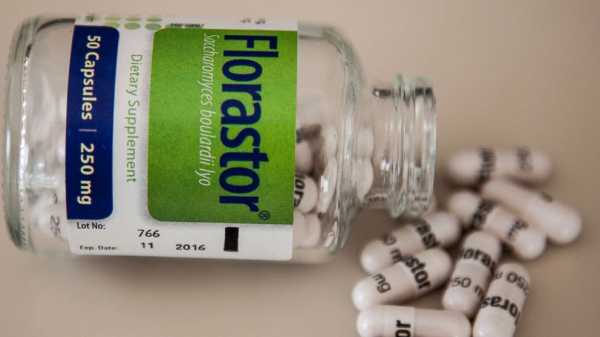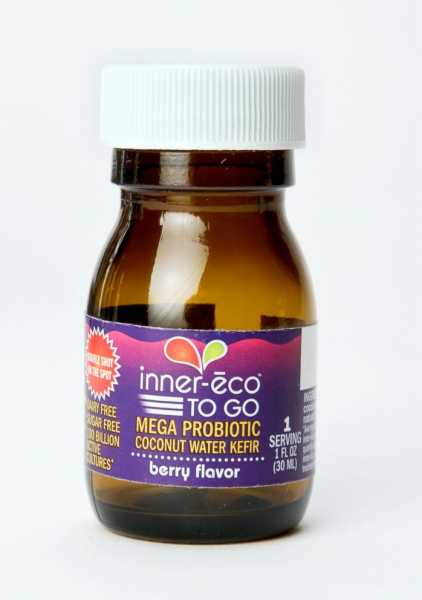
What are probiotics?
The term probiotic, which means “for life,” refers to a multitude of live microorganisms that are thought to have health benefits. You can find them at your local grocery store in the form of food (especially in dairy-based products like yogurt), dietary supplements, and even skin creams. Some people take probiotics daily as a way to “maintain balance” in their digestive system, while others use them as needed for various ailments — from irritable bowel syndrome to atopic dermatitis.
(MORE: Probiotics the Latest Trend in Beauty Products)
At a more miniscule level, you can think of probiotics as microscopic “bugs” intended to emulate the roles of the naturally occurring bacteria already in our bodies. While we often think of bacteria and yeast as harmful, many of these microorganisms are crucial to the way our bodies work. One of their most important functions is lining the parts of the gastrointestinal tract, where they help food digest, produce vitamins, and fight off “bad” bacteria that are associated with disease. For example, some species of Lactobacillus, which can be found in breast milk, are critically important for digesting milk in infants. Likewise, certain types of E. coli in our gut help us produce vitamin K — an essential vitamin that aids blood clotting.
Who takes probiotics?
About four million adults (1.6 percent) and 300,000 children (0.5 percent) in the United States reported using probiotics within the past 30 days, according to the 2012 National Health Interview Survey. They are the third most commonly used dietary supplement, and their use has quadrupled between 2007 and 2012.

Anne Cusack/Los Angeles Times via Getty ImagesInner-eco TO GO mega probiotic coconut water kefir is one of many items from the March Natural Products Expo photographed in the Los Angeles Times studio on March 13, 2012.
Do they work?
The first thing to keep in mind is that not all probiotics are the same, and not all people are the same, which makes studying the effects of probiotics exceedingly difficult. Several epidemiologic studies have shown positive results, particularly in the realms of improved intestinal health and immune response, while others have demonstrated a lack of efficacy or inconsistent results.
Researchers from the Weizmann Institute of Science in Israel, who were the brains behind the two Cell studies earlier this week, found that, contrary to popular belief, probiotics that we consume do no stick around in the gut, where we think they’re supposed to function. Instead, they’re excreted in our stool.
(MORE: As Probiotics Trend Spreads, Benefits Sometimes Diluted)
Prior studies on probiotics, it turns out, had mainly looked at the bacterial profiles of stool samples, rather than directly focusing on intestinal content. This raised concerns that the conclusions drawn from prior studies may have been misguided. However, it’s important to remember that the new Cell study was small and not designed to evaluate whether probiotics work. Overall, the consensus is that we need further studies to more fully understand the effects of probiotics.
Are they safe?
Historically, for healthy adults, probiotics have been thought to be relatively safe. When side effects do occur, they tend to be mild digestive symptoms such as gas. But in critically ill people or those with underlying medical problems such as compromised immune systems, there have been reports of probiotics leading to severe side effects, including dangerous infections.
One of the Cell studies from this week found that, when given after antibiotics, probiotics delayed the community of bacteria in our guts, known as the microbiome, from returning back to its normal, healthy pre-antibiotic state. This raised concerns that probiotics may not be quite as harmless as we once thought, even in healthy adults. But we do not yet know how these findings translate clinically.
While the specifics with regard to the safety and efficacy of probiotics remains contentious, something that is not controversial among scientists and health care providers alike is that the safest and most effective way to promote intestinal and immune health remains, quite simply, to eat a well-balanced diet, rich in vegetables.
Sourse: abcnews.go.com
0.00 (0%) 0 votes


































